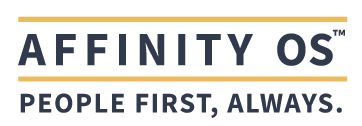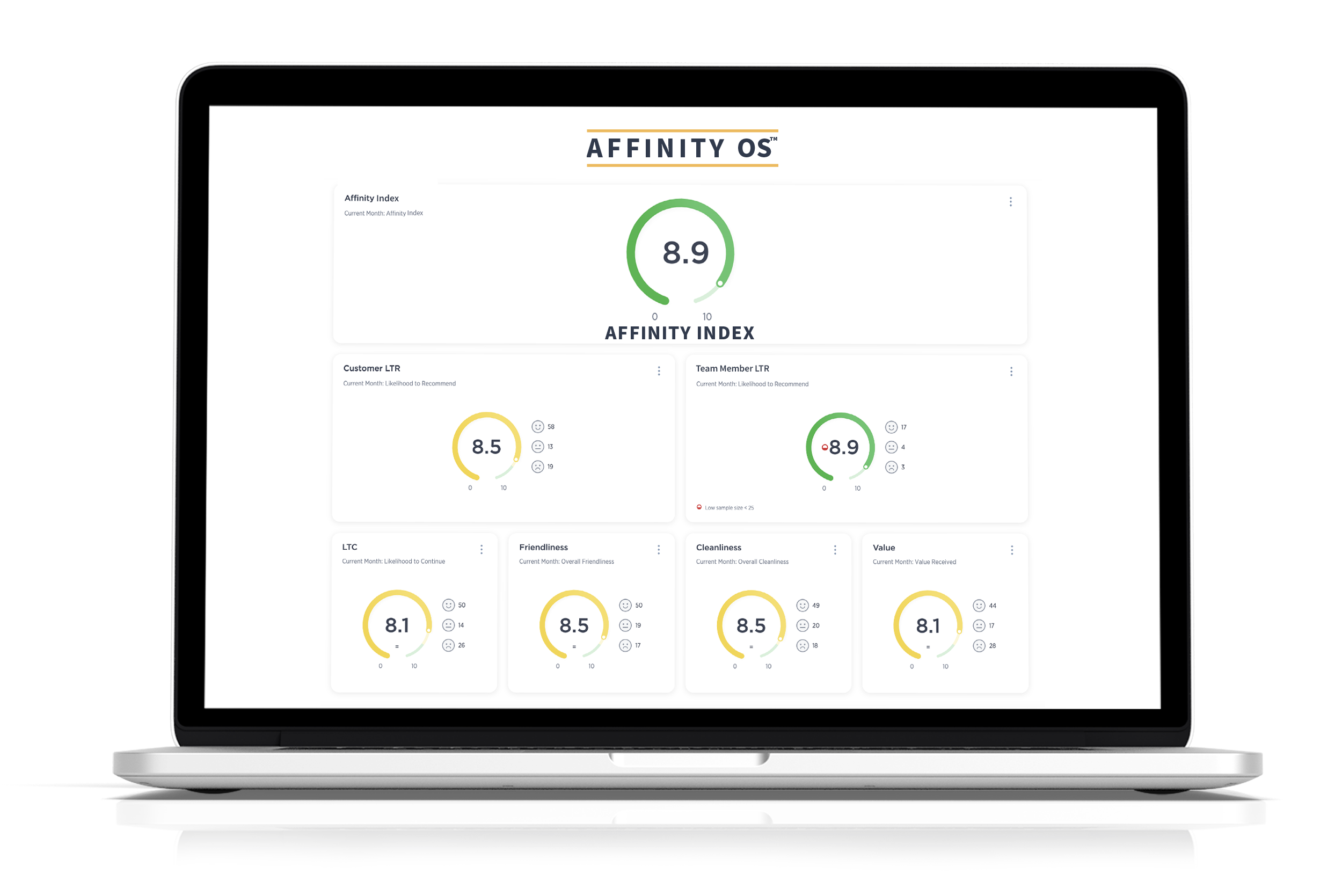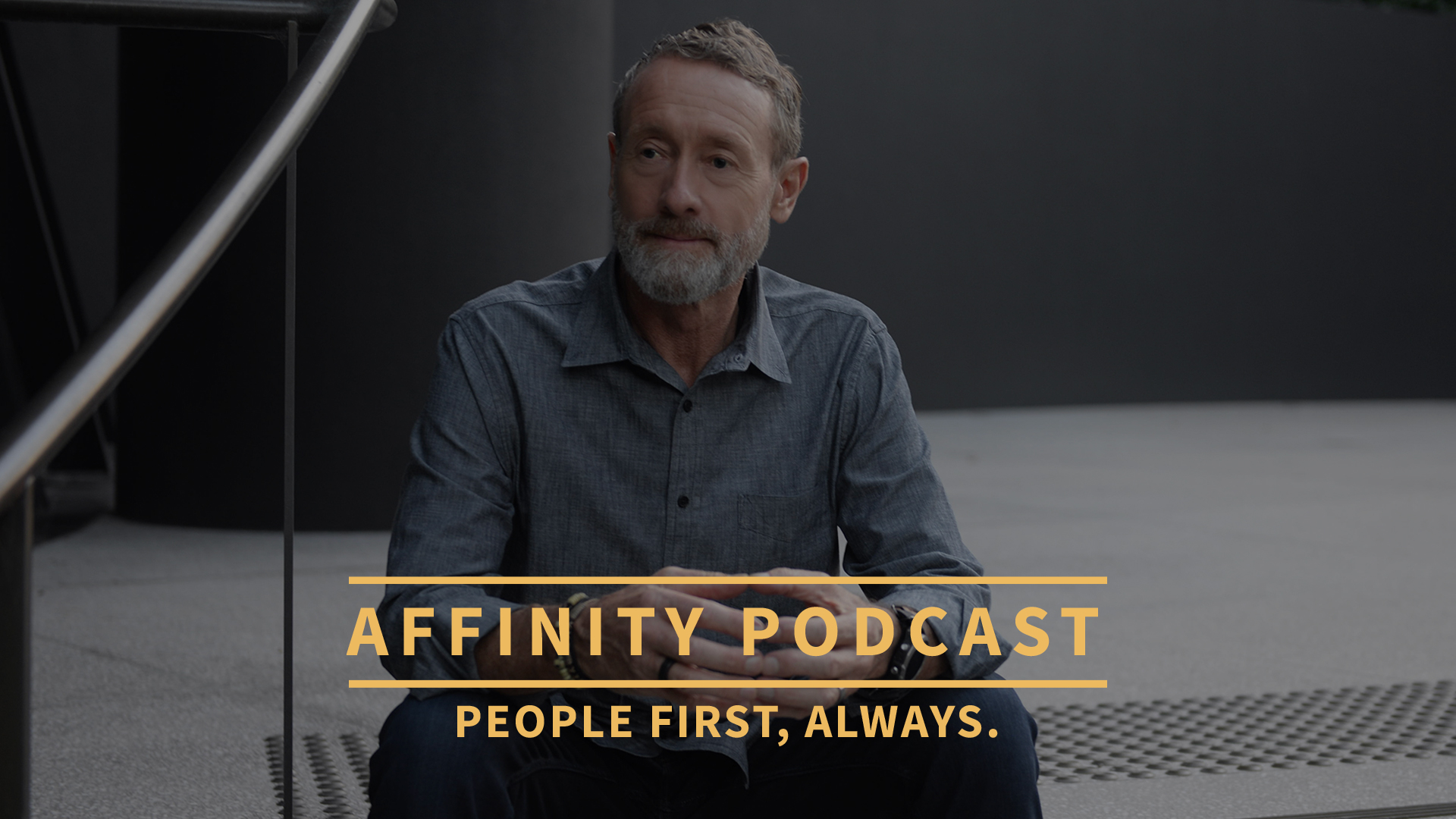The Benefits of Frontline Team Member Engagement and Retention: “The Affinity Principle” Approach


Grant Ian Gamble is a best-selling mindful leadership author and speaker. He has over 30 years of experience in leading teams to create innovative customer experiences, building engaged workforces, and developing leaders who prioritize mindfulness in their approach.
In today’s competitive business environment, frontline team members—those who interact directly with customers—are the cornerstone of any organization,especially those with a high customer-facing presence. However, the traditional approach to talent management often overlooks this vital group, focusing mainly on managerial and executive roles. “The Affinity Principle” reimagines this strategy, stressing the importance of creating an enriching environment for frontline team members that fosters increased retention and better performance.
 “The Affinity Principle:” A Brief Overview
“The Affinity Principle:” A Brief Overview
“The Affinity Principle” is centered around the idea that team member engagement is intrinsically linked to customer experience. Simply put, happier team members lead to happier customers. By focusing on AI-driven customer experience (NPS®) and team member engagement (eNPS®) metrics, companies can create a data-backed approach to improving both customer and team member satisfaction, providing valuable insights into the company’s trajectory.
The Financial Rewards of Improved Retention and Engagement
Statistics strongly underscore the financial benefits of team member engagement and retention. According to Gallup, companies with highly engaged teams show 21% greater profitability than those who don’t. Further, the cost of replacing a team member can range from 50% to 200% of that team member’s annual salary, according to the Society for Human Resource Management (SHRM). Clearly, increased retention rates not only keep valuable experience and knowledge within the company but also significantly impact the bottom line.
How It Builds Competitive Advantage
Enhanced Customer Experience: Engaged team members are more likely to provide a better customer experience, leading to increased customer loyalty and, consequently, revenue.
Reduced Turnover Costs: By fostering a positive environment and rewarding team members appropriately, companies can significantly cut the costs associated with high turnover.
Increased Operational Efficiency: A highly engaged team is more productive, requires less supervision and makes better use of resources, as they’re more fully invested in the companies success.
Innovation: team member engagement fosters a climate for innovation. Frontline team members often have firsthand insights into customer needs and preferences, offering a unique perspective that can lead to valuable improvements in product or service offerings.
Rethinking Rewards and Recognitions
To create a positive experience for frontline team members, rewards should not be limited to financial incentives. Companies should consider:
Skill Development: Offering opportunities for skill improvement and career growth.
Flexible Working Conditions: A nod to the importance of work-life balance.
Purpose: Aligning the company’s goals with those of the team members, thereby giving them a greater sense of purpose.
Self-Care: By offering elements of education and encouragement toward self-care team members are more likely to maintain a healthy physical and emotional state.
Final Thoughts
Companies with a high customer-facing presence can’t afford to overlook the significance of their frontline team. By adopting approaches like “The Affinity Principle,” organizations can optimize both customer experience and team member engagement, creating a win-win situation that is financially rewarding and provides a competitive edge in the market.
In rethinking the frontline talent lifecycle, businesses have the opportunity to build not just a robust bottom line but also a more sustainable, enriching workplace environment that aligns perfectly with the future we all aspire to create.

 Interested in learning more about how to transform your organization’s approach to team member engagement and customer experience? Reach out to our team at AFFINITY OS, specialists in AI-driven customer and team member engagement optimization.
Interested in learning more about how to transform your organization’s approach to team member engagement and customer experience? Reach out to our team at AFFINITY OS, specialists in AI-driven customer and team member engagement optimization.
AFFINITY Podcast EPISODE 10 | Collecting and Leveraging eNPS for a People-Centric Culture, Mindful Leadership, Talent Development and Talent Retention

Put PEOPLE FIRST, ALWAYS and watch your business flourish.
Dive deep into the latest trends in customer experience and team engagement, mindful leadership and management. Discover practical tools and strategies that you can use to build a people-centric culture, the foundation for sustainable long-term business growth and success.
Led by mindful leadership expert, Grant Ian Gamble, a best-selling author and true visionary with over 30 years of experience in leading teams to create innovative customer experiences, building engaged, inspired and fulfilled workforces, and developing leaders who prioritize genuine connection in their approach.
The guiding principle behind all of Grant’s work is PEOPLE FIRST, ALWAYS.
More Articles:
Unlocking Your Potential with Health Coaching: A Comprehensive Guide to Transforming Your Health and Well-being
In today’s fast-paced, health-conscious world, many individuals are seeking personalized guidance and support to achieve their wellness goals. Health coaching has emerged as an effective and empowering solution, helping clients navigate the complexities of nutrition, exercise, stress management, and more. In this article, we’ll delve into the incredible benefits of health coaching and how it can reshape your approach to health and well-being.
Team Member (aka Employee) Engagement
Team member (aka employee) engagement is crucial to the success of any business. It not only boosts productivity but also enhances team member satisfaction and reduces turnover. With the increasing importance of engagement in today’s workplace, it’s essential to focus on creating a people-centric company culture through mindful leadership and always putting people first.
What is team member engagement, and why is it important?
9 Trends Shaping the Workplace in 2023: How Leaders Can Become Employers of Choice in a Competitive Talent Landscape
The workplace landscape has shifted dramatically over the past two years. The COVID-19 pandemic has forced businesses to adapt to remote work and hybrid models, and team members have been feeling the effects of burnout more than ever before. In 2022, business leaders were faced with unprecedented challenges, and 2023 is no different. However, how organizations respond to these challenges could determine whether they become an employer of choice.
Fill out the form below and receive a PDF download of "6 Key Strategies to Engage Untapped Fitness and Wellness Market Segments"
Let's Connect!
CUSTOMER EXPERIENCE, TEAM ENGAGEMENT & WORKPLACE WELL-BEING: AFFINITY OS™ | WELLNESS INTEGRATION | MINDFUL LEADERSHIP: "THE AFFINITY PRINCIPLE"
0475 866 592

The Affinity Principle™ by Grant Gamble presents a formula for business success through a people-centric, mindful leadership approach.
PEOPLE FIRST, ALWAYS.








